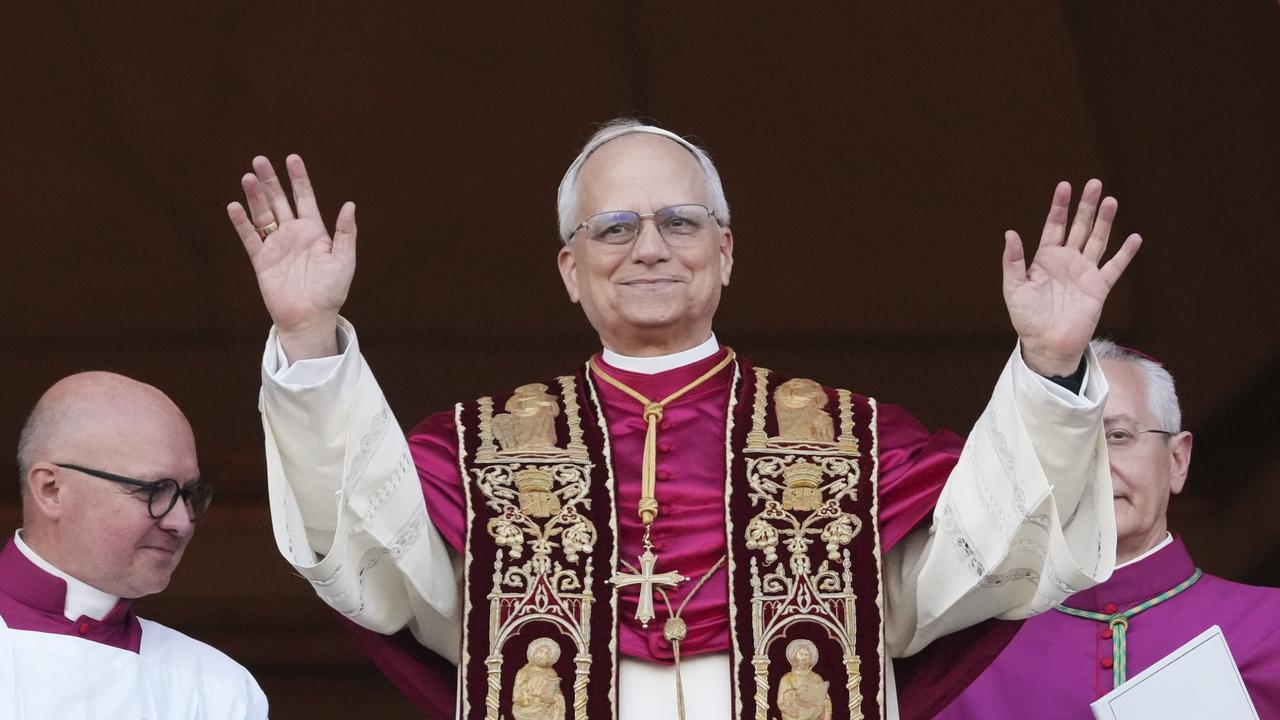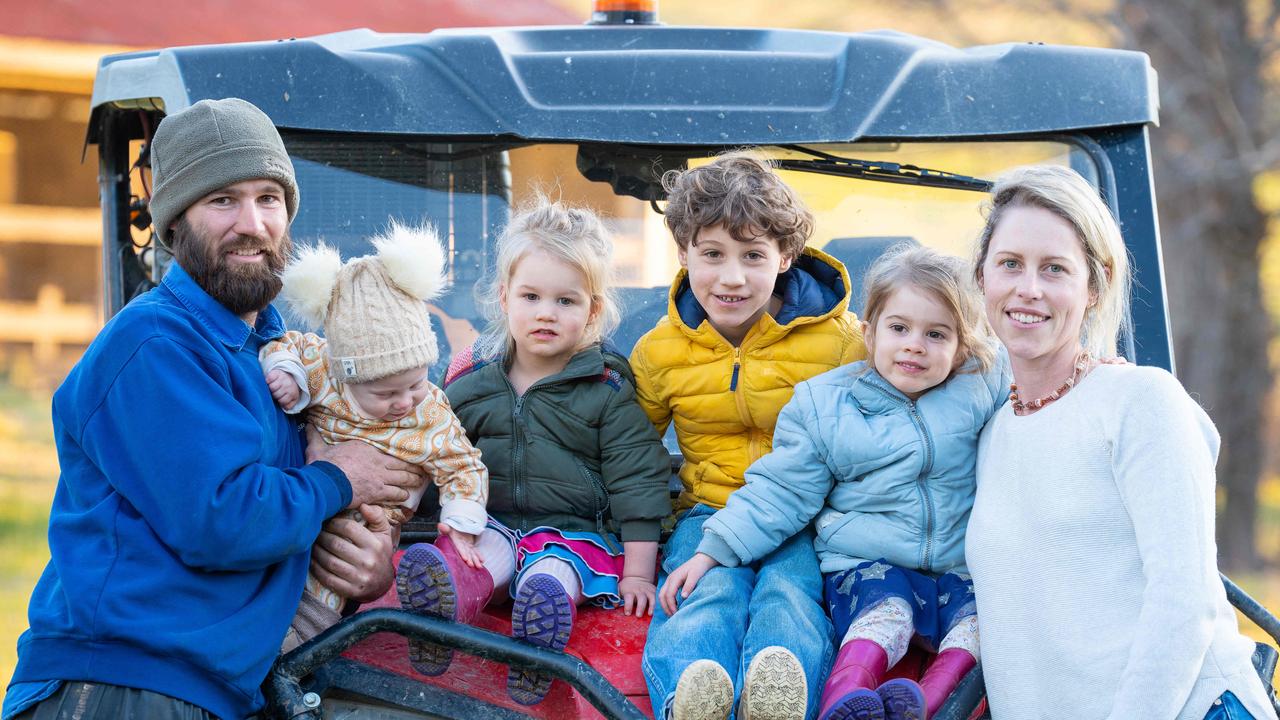
Let’s start with the bleeding obvious. The Liberal Party ran a campaign so awful that it will be pondered for centuries by Tibetan monks who may still be left scratching their noggins a millennium from now. Best not to mention the work-from-home policy debacle lest orange-robed lamas spontaneously combust from sensory overload.
In terms of the Coalition’s shambolic campaigning, my favourite moment was Peter Dutton’s announcement of federal funding for a rail link from Melbourne to Tullamarine airport. This was announced at a winery.
It was the worst political campaign I’ve ever seen and I am old enough to remember Mark Latham’s Labor opposition clutching a humiliating defeat from the jaws of a potential victory in 2004.
Perhaps we should bear in mind that Latham-less Labor recovered and rebuilt to win the next federal election.
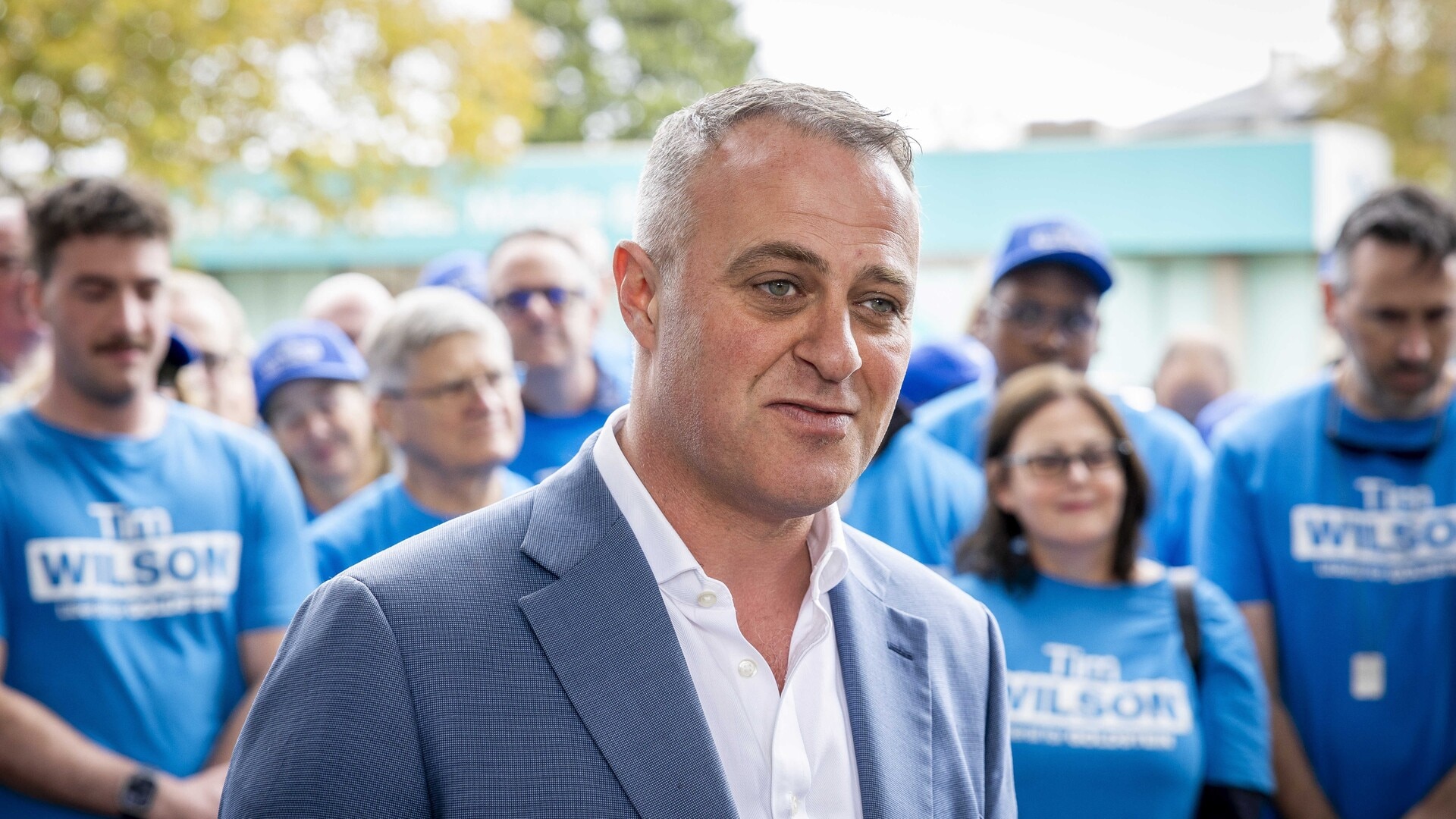
There have been many column inches written and many more to come on the Liberal Party’s existential crisis, but in this ocean of uncertainty there are glimmers of hope.
The Greens are all but gone from the lower house. Adam Bandt has lost his seat. Elizabeth Watson-Brown may yet retain Ryan, south of the river in Brisbane. In the three-way contest, the Greens are in second place and should hold but it is no sure thing. The Greens kiddie in Brisbane, Stephen Bates, ran third on primary votes and will have to find gainful employment elsewhere.
Max Chandler-Mather was rolled in Griffith and, in the face of abject defeat, made an impressive nomination for sook of the week. Speaking to ABC Radio’s Triple J on Wednesday, the former member for Griffith said: “In terms of a workplace, (the federal parliament) was bloody awful and, frankly, a lot of the time miserable. The only reason I kept going back was because it felt like we were one of the few voices fighting for millions of people who feel really let down by this political system.”
Aw, show me on the doll where the bad building hurt you.
The teals are a woman down and possibly two. Greater Melbourne may find itself teal-less. Zoe Daniel has lost Goldstein to Tim Wilson and Monique Ryan’s lead has evaporated, down to 586 votes in Kooyong at the time of writing, with thousands of votes still to be counted. That looks like a loss to me. In Bradfield on Sydney’s north shore the teal challenge appears to have come to naught with the Liberal candidate 211 votes in front with postal and absentee votes being counted.

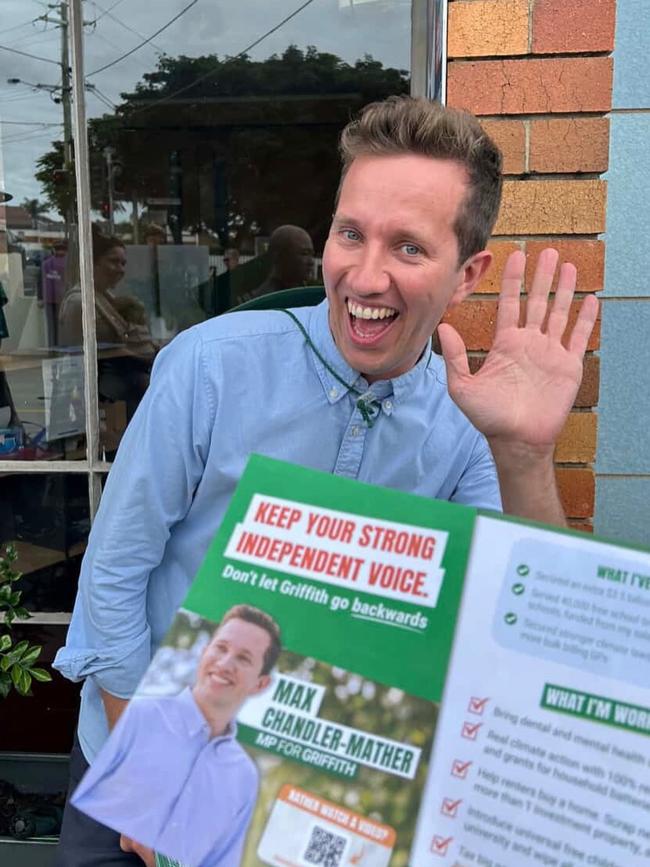
Daniel’s demise in Goldstein led one prominent Australian (whom I have decided to grant anonymity) to offer the view on X that the postal vote system was corrupt, proving that baseless claims of electoral fraud are not restricted to the GOP in the US. Postals tend to favour the Coalition not because they have gamed the system but because postal votes tap into a demographic of mainly elderly voters and, to a degree, voters who are international and domestic frequent flyers.
The sea of red headlines in the Sunday papers revealed maps of our major cities emblazoned scarlet. Those maps now will feature a bit of blue here and there. If Amelia Hamer’s challenge pays off, the jewel in the Liberal crown, Kooyong, the seat held by Robert Menzies and Andrew Peacock, will return to the fold.
In the seat named after the founder of the Liberal Party in Melbourne’s east, sitting member Keith Wolahan is back in the game, short 1148 votes as counting continues. Wolahan is a class act and, to prove that, fronted the ABC’s Insiders program on Sunday morning to take his licks.
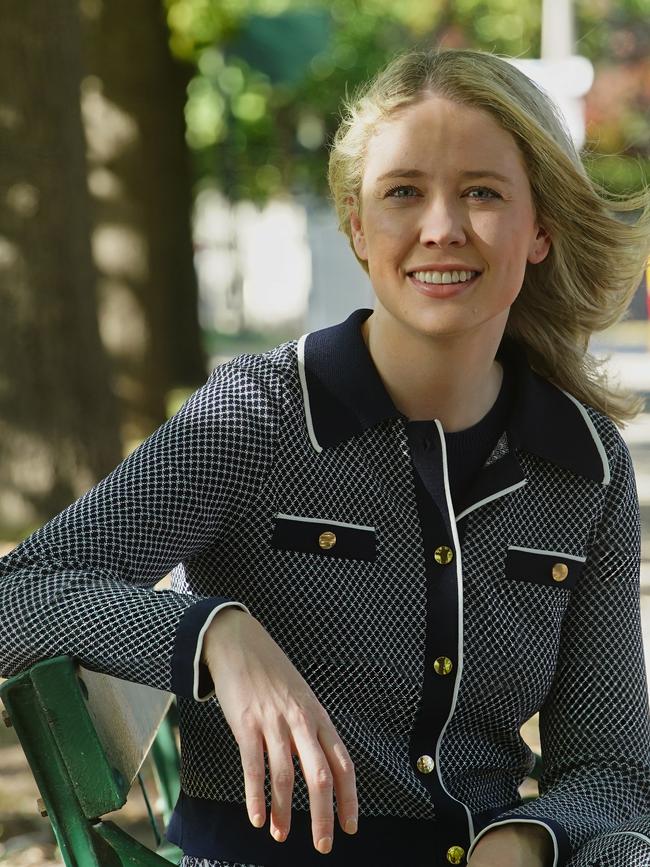
In explaining the loss and his own fate, he was devoid of rancour or accusation. Wolahan has a resume to admire: barrister, captain of Australia’s 1st Commando Regiment with three tours of Afghanistan under his belt and a masters degree in international relations from Cambridge. He is intelligent, articulate and sensible, the sort of man a party can be rebuilt around.
What is astonishing about this election is it has bucked the trend of the diffusion of support for the major parties.
While Labor and the Coalition primary votes combined have declined again, the number of crossbenchers in the lower house from the 47th parliament to the 48th may halve.
Rebekha Sharkie has held Mayo in the Adelaide Hills and independent Dai Le, who in a previous political metamorphosis was a Liberal councillor, has held on to Fowler in Sydney’s west. While teal Kate Chaney will hold in Curtin, Liberal candidate Tom White has received 41 per cent of the primary vote.
There is a limit to the silver linings, of course, amid some dreadful results across the country.
John Howard’s old seat of Bennelong, albeit with its boundaries redrawn several times since Howard was prime minister, swung hard to Labor. The perennial marginal seat is now held by Labor by more than 10 per cent. Ditto Parramatta where former Rudd staffer Andrew Charlton enjoyed a 9 per cent swing.

The bookies heavily favoured the Liberals to win Aston, the seat it lost in the 2023 by-election, but sitting Labor member Mary Doyle extended her lead by almost 6 per cent. In far north Queensland, Leichhardt swung to Labor by more than 10 per cent.
In Hunter in NSW, sitting Labor MP Dan Repacholi faced opposition from the Nationals and Pauline Hanson’s One Nation but stared them down, winning 44 per cent of the primary vote, a swing of almost 5 per cent on primary vote alone.
Meanwhile, on the hard right, the minor parties barely troubled the scorers. No longer encumbered by brand confusion, the Libertarian Party (formerly the Liberal Democrats) sank like a stone.
Time will tell if reports of the Liberal Party’s political death have been exaggerated but the starting point to understanding the loss is its laughably bad campaign. At very least now, the Liberal Party has a template on what not to do.





